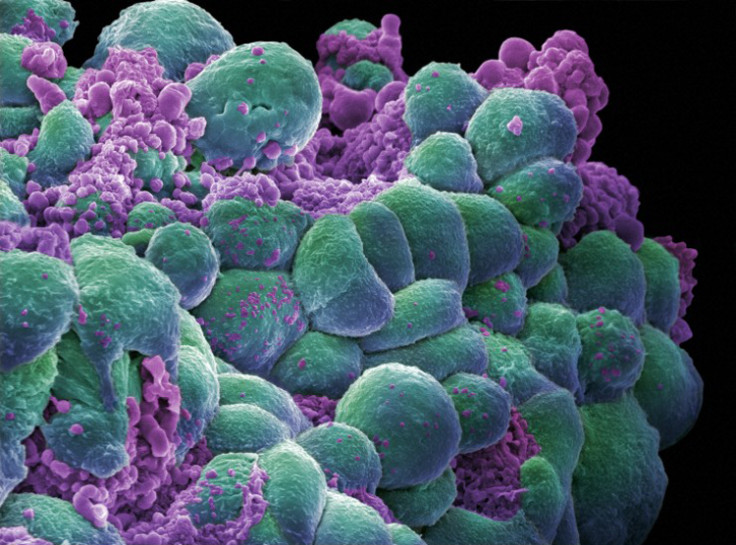Breast cancer: 10 years of hormonal therapy reduces recurrence of disease

Women who go through ten years of hormonal therapy have a decreased risk of breast cancer recurrence, a landmark study has shown. Currently, women are generally offered the drugs for five years, in order to prevent the return of the disease.
The research was presented at the world's largest cancer conference in Chicago, organised by the American Society of Clinical Oncology. The scientists discussed their decade-long follow-up of women who had been diagnosed with oestrogen receptor positive breast cancer (ER+) – the most common forms of breast cancer.
These women have breast-cancer cells which carry oestrogen receptors on the surface to which oestrogen can attach to stimulate cancer to grow.
Hormone therapy is prescribed as the drugs block the production of oestrogen in the body. Women who have not reached menopause receive a drug called tamoxifen, while post-menopausal women receive aromatase inhibitors.
This study, led by Dr Paul Goss of Massachusetts General Hospital, focused on older women who are given aromatase inhibitors in order to assess the effectof doubling treatment time.
Fewer women relapsed
In total, 1,918 participants were enrolled. After five years of receiving aromatase inhibitors, half of them continued to receive the drug for five more years, while the other half were given placebos.
The researchers discovered that fewer women experienced a recurrence of their cancer, or the development of a new cancer, in the other breast, when they had been given the inhibitors for five additional years. Though the numbers remain modest – 67 women on the drug did not relapse compared to 98 women on placebo – this suggests that taking hormone therapy for a longer period can be beneficial.
However, overall survival rates did not vary much between both groups of women, reaching more than 90% in both cases.
Dealing with the side effects
The researcher believe that these findings should make physicians' practice evolve. Aromatase inhibitors are widely available, and their sustained and longer-term use could reduce the recurrence of cancer without the need of inventing new drugs.
However, the scientists warn the drugs come with a number of side effects. Aromatase inhibitors can indeed increase bone fragility and thus, the risk of fractures and osteoporosis.
Some women already stop taking the drugs before the currently recommended five years are over, because of these side effects. In order to come up with a strategy to double the duration of hormonal therapy treatments, this problem will first have to be addressed.
© Copyright IBTimes 2024. All rights reserved.






